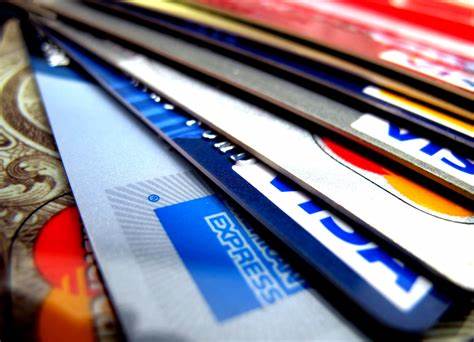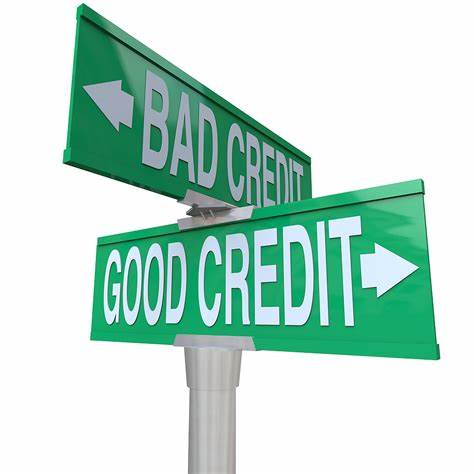People live a busy life, and paying bills is just another matter delayed until the last minute. No one likes to pay the bills, but we all clench our teeth... eventually.
 Credit cards are a lucrative product of the bank. Although many laws have been passed over the past few years to regulate credit cards, issuers still generate more than $200 billion in credit card fees and interest each year. But many people, especially those who think they are saving money, never pay a penny to their credit card issuers. Here's a breakdown of where the money comes from and how to avoid paying too much.
Credit cards are a lucrative product of the bank. Although many laws have been passed over the past few years to regulate credit cards, issuers still generate more than $200 billion in credit card fees and interest each year. But many people, especially those who think they are saving money, never pay a penny to their credit card issuers. Here's a breakdown of where the money comes from and how to avoid paying too much.
Interest payment
Banks in the United States generate more than $140 billion in credit card interest payments each year. For banks, interest payments are a form of compensation, which means that you are loaned to you at the risk of default or loss of future value. Bankers continue to use credit cards as an efficient and fast way to lend to consumers at higher interest rates (average April 14.9%).
The bank wants you to build a huge credit card balance to make money from your interest payments. To prevent this from happening, you can only pay for the money you can afford and pay your balance every month.
Fee
In addition to interest, some other credit card fees allow card issuers to earn more from cardholders and merchants accepting credit cards. These fees include:
Exchange fee
This is the money that a merchant (such as a restaurant owner) pays when a customer pays. They illustrate the services provided by credit card companies and credit card issuing banks to process transactions. Credit card issuers use the income generated by these exchange fees to fund their rewards program. In 2015, Capital One used its annual transaction fee income of nearly $5 billion to provide full funding for its $2.7 billion in incentive spending.
While small retailers can require a minimum credit card amount of no more than $10, merchants are prohibited from increasing the additional cost of purchasing a credit card without first notifying the consumer's fees. In nine states, they are completely forbidden to charge more for credit cards. In practice, in addition to gas stations in other 41 states, it is very rare to increase credit card charges. While many people claim that consumers are indirectly affected, because exchange fees can cause everyone's price to rise, you should not pay more for credit and debit cards.
Annual fee
It goes without saying that the annual fee is the amount of credit card users must pay each year. This is a fixed amount and varies depending on the type of credit card and the issuing bank. However, it is important to remember that many credit cards do not charge an annual fee. Despite this, US customers pay nearly $8 billion annually to banks in the form of annual fees, and often do not make full use of the benefits they pay. Don't overpay the benefits you won't use at the annual fee. Understand the situation and find a card with no annual fee unless you are sure that the reward will exceed the cost.
Cash advance fee
Cash prepaid is a luxury that extracts cash from ATMs. Due to the convenience and efficiency of cash advances, this transaction usually charges high fees and additional financing fees. US consumers pay more than $200 million (excluding financial expenses) to banks in cash advances each year. Don't ignore the price of prepaid cash. Ideally, some money will be allocated each month to build an emergency reserve. Prepaid cash is a way for banks to make quick money by charging fees and additional interest. Don't make them so easy!
Foreign exchange fee
This is an additional charge that some banks charge their credit card users for overseas transactions or purchases. If you are a frequent traveler, you will not be able to find a credit card for foreign exchange.
Late payment
Waiting for a day to pay your credit card bill after the due date may result in a fine of $25 or more. Continued ignorance of the expiration date of monthly credit card payments may result in increased costs. Each year, US customers pay a late payment of approximately $7 billion.



